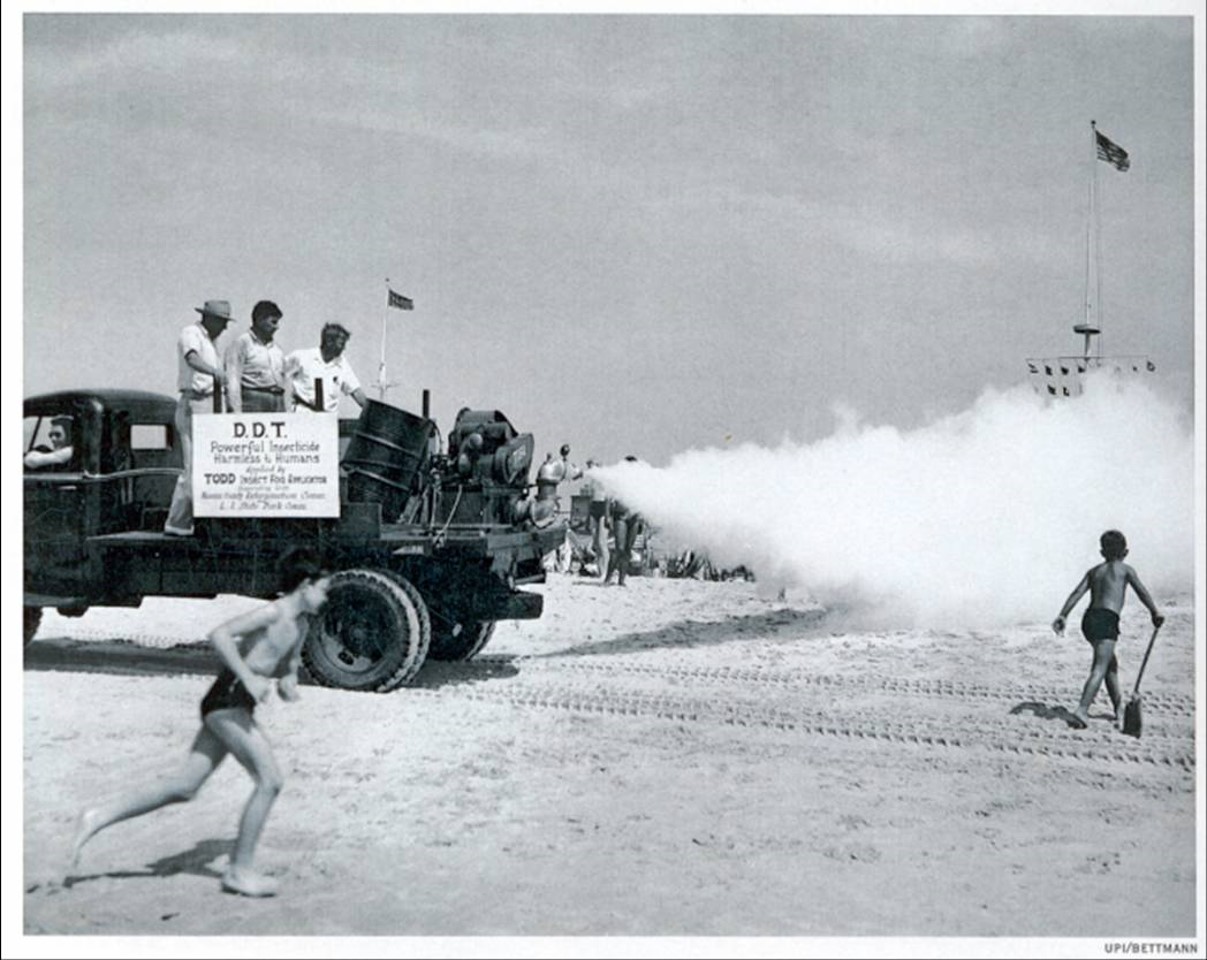Industrial Engineering Career: Comprehensive Role and Responsibilities Guide
What does an industrial engineer do?
Industrial engineers are versatility experts who bridge the gap between management and technical operations. They design, optimize, and improve integrated systems of people, materials, information, equipment, and energy. Unlike engineers who focus exclusively on machines or structures, industrial engineers concentrate on how all these elements work unitedly expeditiously.
Core responsibilities of industrial engineers
Process optimization
At the heart of industrial engineering is the commitment to efficiency. Industrial engineers analyze exist production processes and workflow to identify bottlenecks, redundancies, and waste. They implement methodologies like lean manufacturing, six sigma, and Kaiden to streamline operations and reduce costs.
For example, an industrial engineer might observe that a manufacturing line require workers to walk unnecessary distances between stations. By redesign the layout, they can reduce movement time by 30 %, instantly improve productivity.
Quality control systems
Industrial engineers develop and implement quality assurance protocols that maintain product standards while minimize defects. They establish statistical process control methods to monitor production quality and implement corrective actions when deviations occur.
These professionals oftentimes work with quality management systems like ISO 9001, design documentation, training programs, and audit procedures that ensure consistent quality across operations.
Supply chain management
The modern industrial engineer play a crucial role in optimize supply chains. They analyze logistics networks, warehouse operations, and inventory management systems to reduce costs and improve delivery times.
Tasks include:
- Select optimal supplier locations and transportation methods
- Implement inventory control systems that balance hold costs with stock out risks
- Design warehouse layouts that maximize space utilization and pick efficiency
- Create contingency plans for supply chain disruptions
Facility planning and design
When companies build new facilities or renovate exist ones, industrial engineers lead the planning process. They determine space requirements, equipment placement, material flow patterns, and workstation ergonomics.
Use computer simulation and modeling tools, they can test different layouts about before implementation, save considerable costs in physical adjustments belated.
Financial analysis and cost reduction
Industrial engineers have a strong focus on the financial implications of operational decisions. They conduct cost benefit analyses for propose improvements, calculate return on investment for new equipment, and identify areas for cost reduction without compromise quality or safety.
Their analytical approach help companies make data drive decisions about resource allocation and capital investments.
Tools and methodologies use by industrial engineers
Data analysis and statistics
Industrial engineers rely intemperately on data to drive decisions. They collect and analyze information about production rates, defect frequencies, cycle times, and other key performance indicators. Statistical tools help them identify patterns, correlations, and opportunities for improvement.
Common statistical methods include:
- Regression analysis to understand relationships between variables
- Design of experiments (doe )to optimize process parameters
- Statistical process control (sSPC)to monitor and maintain quality
- Time studies to establish standard work times
Simulation and modeling
Before implement changes to complex systems, industrial engineers oftentimes create digital simulations to predict outcomes. Software tools allow them to model production lines, supply chains, and other processes to identify potential issues and optimize designs.
These simulations can answer critical questions like:
- How many workers are need at each station to balance a production line?
- What happens to throughput if machine breakdown rates increase?
- How will a new warehouse layout will affect will pick times and labor costs?
Project management
Implementation of improvements require strong project management skills. Industrial engineers oftentimes lead cross-functional teams through change initiatives, manage timelines, resources, and stakeholder expectations.
They typically use methodologies like:
- Gantt charts for scheduling and tracking progress
- Critical path analysis to identify schedule constraints
- Agile or waterfall approaches depend on project requirements
Industries that employ industrial engineers
Manufacture
Manufacturing remain the traditional home of industrial engineering. In this sector, these professionals optimize production lines, implement automation solutions, and ensure efficient material flow throughout facilities.
Specific responsibilities might include:
- Balance assembly lines to eliminate bottlenecks
- Implement pull systems for scarce in time production
- Designing workstations that maximize ergonomics and efficiency
- Reduce setup times between product changeovers
Healthcare
Healthcare systems progressively rely on industrial engineers to improve patient flow, reduce wait times, and optimize resource utilization. In hospitals, they might redesign emergency departments to reduce overcrowding or implement scheduling systems that balance patient demand with staff availability.
Their focus on efficiency forthwith translate to advantageously patient care and reduce healthcare costs.
Logistics and transportation
In the logistics sector, industrial engineers design distribution networks, optimize delivery routes, and improve warehouse operations. They might work for shipping companies, third party logistics providers, or retailers with extensive distribution needs.
Their work direct impact shipping costs, delivery times, and customer satisfaction.
Consulting
Many industrial engineers work as consultants, bring their expertise to various organizations on a project basis. They analyze operations, recommend improvements, and sometimes assist with implementation.
Consulting allow these professionals to solve diverse challenges across multiple industries, endlessly expand their knowledge and skills.
Service industries
Beyond manufacturing, industrial engineers improve efficiency in service orient businesses like banks, call centers, and retail operations. They analyze customer flow, optimize staffing levels, and design processes that enhance service quality while control costs.
Education and skills require
Academic requirements
Most industrial engineering positions require at least a bachelor’s degree in industrial engineering or a related field. The curriculum typically includes:
- Operations research and optimization
- Statistics and probability
- Manufacturing processes and systems
- Ergonomics and human factors
- Engineering economics
- Supply chain management
For advanced positions or research roles, a master’s degree or PhD may be necessary. Many professionals besides pursue certifications like certified six sigma black belt or professional engineer (pPE)licensure to demonstrate expertise.
Technical skills
Industrial engineers need proficiency in various technical areas:
- Computer aid design (cad )software for facility layouts
- Simulation tools like arena, flex sim, oranalogicc
- Statistical analysis software such as minicab or r
- Database management and data analysis tools
- Enterprise resource planning (eERP)systems
Programming skills are progressively valuable, with languages like python being use for data analysis and automation of repetitive tasks.
Soft skills
Beyond technical knowledge, successful industrial engineers possess strong soft skills:
-
Communication:
They must explain complex concepts to stakeholders at all levels, from frontline workers to executives. -
Problem-solving:
Creative thinking and analytical approaches help them tackle unique challenges. -
Leadership:
Many improvement initiatives require lead teams through significant changes. -
Adaptability:
As business need evolve, industrial engineers must adjust their approaches consequently. -
Observation:
Keen attention to detail helps identify inefficiencies that others might miss.
Career progression and specialization
Entry level positions
New graduates typically start in roles like:
- Process engineer
- Production engineer
- Quality engineer
- Operations analyst
These positions provide practical experience apply industrial engineering principles in real world settings.
Mid-career advancement
With experience, industrial engineers can advance to:
- Senior industrial engineer
- Process improvement manager
- Supply chain manager
- Operations manager
At this level, they frequently lead larger projects and may supervise teams of junior engineers or analysts.
Senior positions
Experienced professionals with strong leadership skills can reach executive positions such as:
- Director of operations
- Vice president of supply chain
- Chief operating officer (coo )
The analytical mindset and system-wide perspective of industrial engineers make them advantageously suited for these strategic roles.
Specialization options
Many industrial engineers develop specialized expertise in areas like:
- Ergonomics and human factors engineering
- Quality engineering and six sigma
- Supply chain optimization
- Healthcare systems engineering
- Facilities planning and design
Specialization can lead to niche roles with higher compensation or consulting opportunities.
Current trends and future outlook
Industry 4.0 and smart manufacturing
The rise of connected systems, IOT devices, and big data analytics is transformed industrial engineering. Modern practitioners progressively work with:

Source: utelesup.edu.PE
- Real time production monitoring systems
- Predictive maintenance algorithm
- Digital twins of physical systems
- Automated decision make tools
These technologies enable more precise optimization and faster response to change conditions.
Sustainability focus
Industrial engineers nowadays regularly incorporate environmental considerations into their work. They design processes that minimize waste, reduce energy consumption, and support circular economy principles.
This focus align efficiency improvements with sustainability goals, create dual benefits for organizations.

Source: cadenanoticias.com
Remote work and digital collaboration
The ability to analyze processes remotely has expanded industrial engineering capabilities. Use digital tools, they can:
- Conduct virtual process observations
- Analyze data from distribute operations
- Implement improvements across multiple locations simultaneously
This trend enables industrial engineers to have broader impact across global operations.
The value industrial engineers bring to organizations
Industrial engineers deliver concrete benefits that flat impact the bottom line:
- Reduced operational costs through elimination of waste and inefficiency
- Improved product quality and customer satisfaction
- Enhanced worker safety and ergonomics
- Increase capacity utilization and throughput
- Better resource allocation and capital investment decisions
Their unique combination of technical knowledge and business acumen make them valuable assets in about any organization that value efficiency and continuous improvement.
Conclusion
Industrial engineers serve as the efficiency architects of modern organizations. Their work spans from detailed process analysis to system-wide optimization, invariably with an eye toward improve performance while reduce waste and cost.
With their diverse skill set and ability to work across functional boundaries, industrial engineers continue to be in high demand across manufacturing, healthcare, logistics, and service industries. As businesses face increase pressure to do more with less, the problem solves capabilities of these professionalsalways becomes more valuable.
For those consider this career path, industrial engineering offer the satisfaction of create tangible improvements and the opportunity to work in about any industry. The combination of analytical challenges and practical implementation make it an engaging field with lasting impact.



